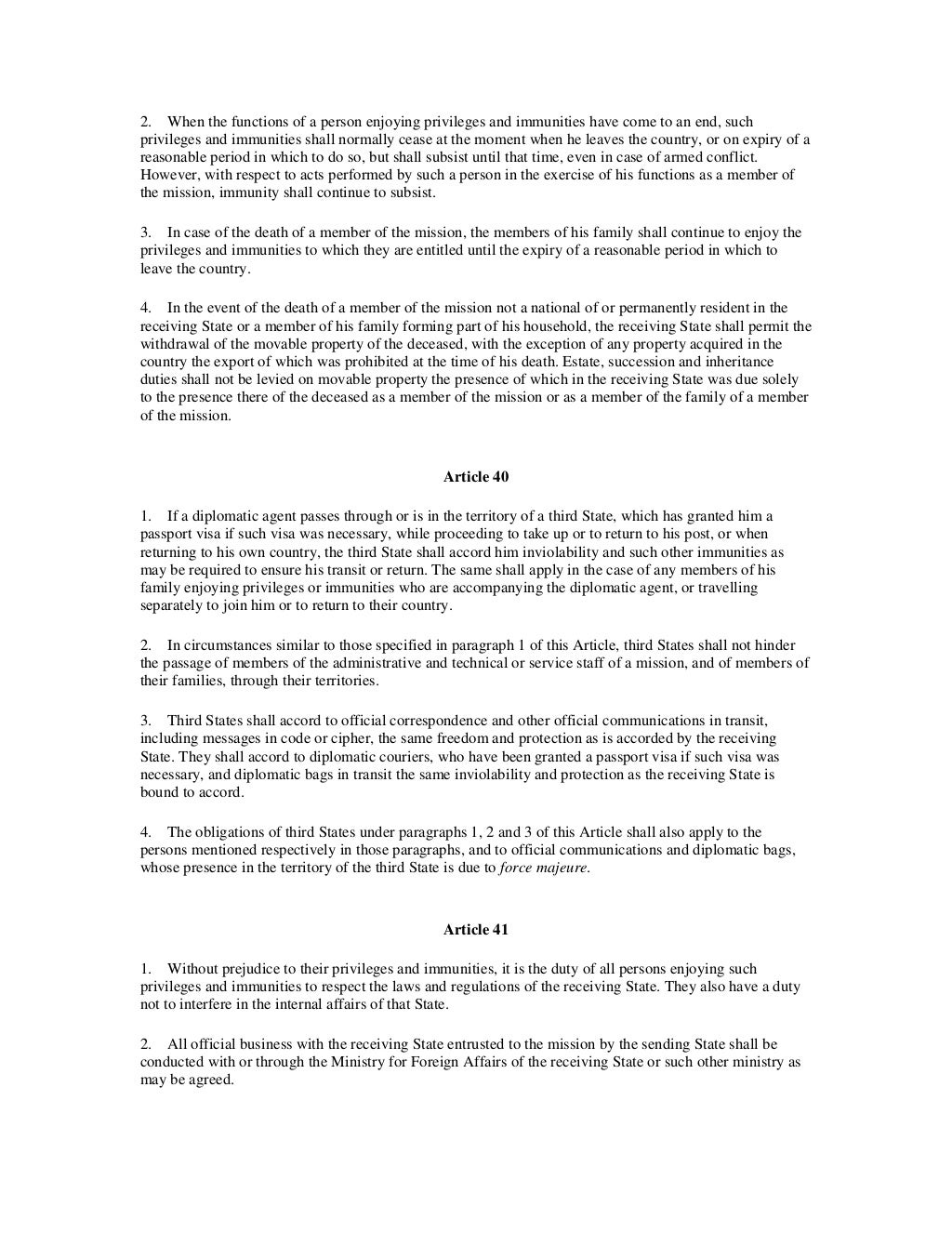
Do not use an Oxford Academic personal account. When on the society site, please use the credentials provided by that society.If you see ‘Sign in through society site’ in the sign in pane within a journal: Many societies offer single sign-on between the society website and Oxford Academic. Society member access to a journal is achieved in one of the following ways: If you cannot sign in, please contact your librarian. If your institution is not listed or you cannot sign in to your institution’s website, please contact your librarian or administrator.Įnter your library card number to sign in. Following successful sign in, you will be returned to Oxford Academic.When on the institution site, please use the credentials provided by your institution.

Select your institution from the list provided, which will take you to your institution's website to sign in.Click Sign in through your institution.Shibboleth / Open Athens technology is used to provide single sign-on between your institution’s website and Oxford Academic. This authentication occurs automatically, and it is not possible to sign out of an IP authenticated account.Ĭhoose this option to get remote access when outside your institution. Typically, access is provided across an institutional network to a range of IP addresses. If you are a member of an institution with an active account, you may be able to access content in one of the following ways:

Get help with access Institutional accessĪccess to content on Oxford Academic is often provided through institutional subscriptions and purchases. In this context, he investigates the continued relevance and purpose of the VCDR and gives particular focus to existing mechanisms within the Convention that allow for modified and developed interpretations of the Convention to take account of the changing international world in which contemporary diplomacy operates. Barker also explores the fact that international law itself is changing from a system regulating co-existing sovereignties to a possibly fragmented discourse of complex frameworks which themselves challenge the sovereignty paradigm. The author reflects on new diplomatic processes which have emerged through the creation of governmental and non-governmental institutions and on notions such as collaborative, public, and cultural diplomacy which have challenged accepted understandings of the role and functions of traditional diplomacy. This chapter is dedicated to the challenges which the VCDR, fifty years into its existence, faces in a world marked by a globalized economy and rapid technological developments.


 0 kommentar(er)
0 kommentar(er)
